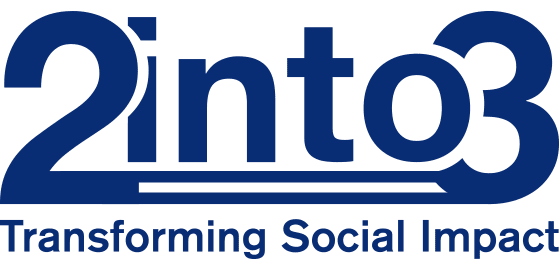
The Board’s Role in Strategy Development
By Sheena Horgan, Director Advisory
Developing a strategy isn’t just about setting ambitious goals; it’s about how Boards and Executives work together to shape, resource, and oversee them. To do this well, Boards must recognise both their shared responsibilities and the distinct role of each Director around the table.
THE ROLE OF THE INDIVIDUAL BOARD DIRECTOR AS CRITICAL FRIEND
The most succinct summary of the role of Board Director or Trustee is the ‘’critical friend’’ (Prof. David Hopkins).
The critical friend needs to wear several hats – provocateur, sense-maker, facilitator, educator. They ask difficult questions and constructively challenge, scrutinise decisions to ensure accountability, and offer alternative perspectives to avoid groupthink. But all is said with the caveat that it must be done with the genuine intent of improving decision-making rather than undermining trust.
And most importantly, the Board Director must give the organisation the time required to read the Board Pack, actively listen in Board meetings, and engage to make meaningful contributions to the Board decisions.
THE ROLE OF THE BOARD AS THE COLLECTIVE DECISION MAKER
It’s worth remembering that the Board is the sum of its parts. Any stances taken should be collective, not individual. Board Directors can and should share their views and experiences, as they relate to the organisation and the issue at hand, but they must set aside personal positions. No single person should dominate discussion or decision-making. Board Directors should only act in the interests of the organisation that they individually and the Board collectively serve.
THE ROLE OF THE BOARD VERSUS THE EXECUTIVE IN STRATEGY DEVELOPMENT
With this in mind, let’s consider the Board’s role in relation to the Executive, particularly in relation to Strategy Development. While best practice may appear binary, roles can be more fluid depending on the organisation, especially in the community and voluntary sector.
A bit like the illustrative simplicity of the ‘critical friend’, I like the ‘stay in your lane’ terminology for the role delineation. This should be defined in the Schedule of Delegated Authority.
The Board’s role in strategy development is to delegate to the Executive, working with a Strategic Planning Committee and/or an Advisor. But delegation does not mean stepping back entirely. The Board must:
- Review the process at regular intervals and key milestones
- Challenge what is being shaped and proposed, as a critical friend
- Approve the final draft once it is reconciled with Board feedback
- Resource the strategy adequately. If ambitious plans are approved, the Board must ensure the organisation has the means to deliver them
- Monitor the strategy against agreed KPIs, recognising what matters gets measured, and what’s measured gets managed
Ultimately, oversight of the strategy sits with the Board. They ‘own’ it, and it is their responsibility to ensure the organisation stays on course, meets milestones, and addresses challenges.
The Strategic Planning process can also benefit from a Strategic Planning Committee or Steering Group. This ensures the Board’s input, feedback loops, and milestones are managed throughout. A good process will have clear Terms of Reference and careful consideration of who is in that group.
CRITICAL SUCCESS FACTORS IN STRATEGY DEVELOPMENT FOR THE BOARD TO CONSIDER
Finally, let’s consider the Board’s Critical Success Factors regarding strategic planning. From Porter to Rummelt, a good strategy has a few key ingredients for which the Board is ultimately responsible:
- Clear priorities – too many ‘strategies’ try to do everything
- Evidence-based decisions – invest time in constructive analysis
- Measurable strategic goals – vague aspirations cannot deliver meaningful impact
- Identified drivers and adequate resources to underpin these goals
- Appreciate the role of the individual (Director) and the collective (Board)
Taking the First Step
Is your organisation preparing to develop a new strategy? Our Advisory team can support your Board to clarify roles, oversee the process, and ensure the right resources are in place. To find out more, contact Sheena Horgan at sheena.horgan@2into3.com.

